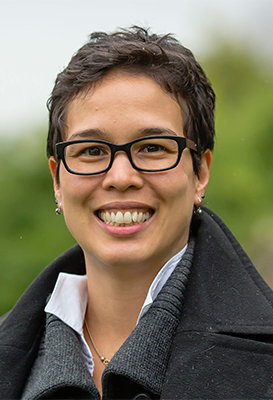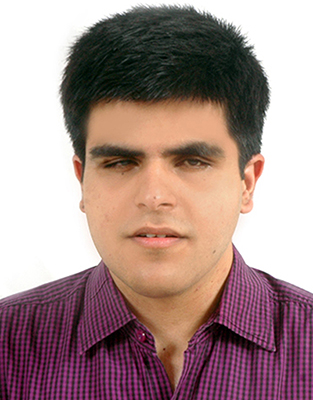Director's Digression: The Ed-ICT International Network

DO-IT has a long history of working internationally to promote the success of people with disabilities in college studies and careers; the development and use of technology for people with disabilities; and the promotion of universal design of instruction, physical spaces, technology, and services.
DO-IT is partnering with organizations from across the world in the Ed-ICT International Network, which will collaborate over the next three years and is hosting five symposiums: The first of which was in Seattle, entitled Disabled Students, Information and Communication Technology (ICT), Post-Compulsory Education and Employment: In Search of New Solutions. The symposium focused on effective models, frameworks, and approaches to improving the inclusion of students with disabilities in postsecondary education and challenging careers, especially on those that impact the development, deployment and use of ITC.
During the event, presenters discussed different frameworks and how they can be used to transform institutional practice. Participants were divided into small groups to discuss important questions:
- What evidence is there that universal design is effective in various applications and contexts and with a variety of stakeholders? Can this model inform the practice of all relevant stakeholders within post-compulsory education?
- What other models, frameworks or approaches exist and which stakeholders are they aimed at?
- How do various models, frameworks or approaches translate into practice?
DO-IT will continue to work in the Ed-ICT International Network to raise awareness for accessibility and explore the role that ICTs play (or could play) in creating or removing barriers for students in post-secondary education. The network will also examine how practices of educators and other stakeholders can craft successful and supportive relationships between learners with disabilities and ICT.









